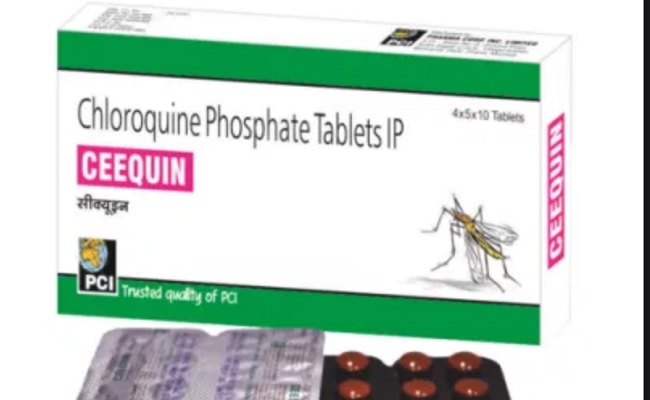
The popular malaria medicine chloroquine may be a potential treatment option for coronavirus, according to the WHO. However, it first needs to be tested in large clinical trials for its efficacy against coronavirus infection.
“There’s some indications that it could be useful but there are no clear-cut studies to either prove or disprove that chloroquine is effective,” according to a statement issued by the WHO.
Last week, the US FDA approved chloroquine for emergency cases under professional guidance to treat coronavirus based on some encouraging early results. Although it has seen some use, chloroquine is not yet considered an approved treatment, because larger studies are still needed to confirm its antiviral effects.
Anecdotal evidence from China trials suggest efficacy and acceptable safety against COVID-19-associated pneumonia. The WHO is organizing a solidarity trial to evaluate the potential of chloroquine as a treatment option for coronavirus.
Hydroxychloroquine, a safer analog of chloroquine, is another possible target of study, if it can prevent the onset of infection or can be used to treat infected person. Both chloroquine and hydroxychloroquine are well-tolerated in COVID-19 adult patients.
Presently there are no treatments — including vaccine — that have been proven safe and effective against coronavirus. However, a phase-1 trial has begun for a vaccine, called mRNA-1273, against COVID-19. Ibuprofen and other anti-inflammatory drugs (with the exception of paracetamol) are not helpful and could even be harmful to COVID-19 patients.
Given such emergency need, scientists are desperately trying to identify experimental (new) and re-purposed (existing) medicines. The list of new treatment options include serum or immunoglobulins from COVID-19-recovered persons, antivirals (remdesivir; HIV inhibitors), and antibacterials (azithromycin), but none of these are currently approved or proven to be effective against coronavirus.
Clinical doctors are advised to follow FDA and WHO guidelines because chloroquine, even in mild overdose, can cause serious toxicity (seizures, nausea, vomiting, deafness, vision changes and hypotension or collapse) or even death, because it disrupts many cellular proteins.
Widespread use or self-medication of chloroquine is not advised for toxicity reasons.
The author, Dr. Samba Reddy, is a reputed medical scientist in Texas.
Disclaimer: The views expressed in this scientific article are those of the author and do not reflect the official policy of any institute or agency or the U.S.
Recent Random Post:
















